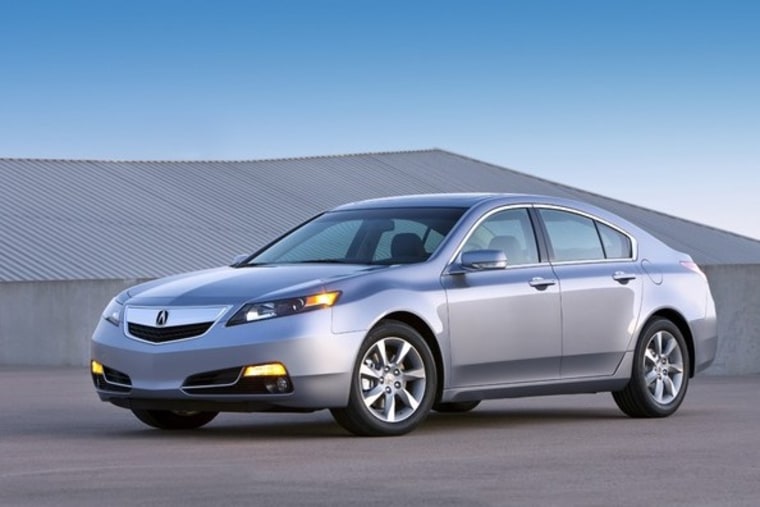Consumers always seem to be overly focused on getting a great price for their purchases. But if you get a great deal on a pair of designer shoes, and you don’t wear them because they hurt your feet were they really a good deal?
The same thing applies to shopping for a new car. “You can cut an amazing deal, but it’s not an amazing deal if you hate the car,” says Mike Quincy, an automotive specialist at Consumer Reports. “If it’s noisy, or you don’t fit in it comfortably, or it uses too much gas, it’s not a great deal.” As much as I love the looks of the Chevy Camaro, for instance, I would never buy it because the doors are too heavy and wide and they tend to smack into adjacent vehicles.
Buying a car is thus a very personal decision and there are many factors you should consider. But if a great value is what you’re after, a good rule of thumb is to look for cars with the best history of reliability and the lowest overall cost of ownership. Once you drive off the lot, the cost of ownership determines the true price you paid. Depreciation alone accounts for 46 percent of total ownership costs over five years; fuel typically accounts for 26 percent.
Forbes.com slideshow: The best cars for the buck
Think about how long you’re going to keep the car. If you plan on trading it in in a few years, you’ll want to make sure it will hold its value. On the other hand, if you’re planning to drive your car into the ground, depreciation doesn’t matter after a while.
We ranked the best cars for the money using reliability and ownership cost data from Consumer Reports. First we selected vehicles with the five highest reliability ratings in their segments (small car, family car, luxury SUV, etc.); then we evaluated their ownership costs. Then we chose the vehicles with the best balance between predicted reliability and low ownership costs in their respective segments to come up with our list of the Best Cars For The Buck. It’s not an exhaustive list; but it’s a good place to start.
Reliability history is derived from Consumer Reports’ survey of 8 million subscribers, who evaluate their car’s performance over 12 months. It does not include the separate performance ratings assigned to vehicles by Consumer Reports’ own test drivers. Sometimes a car with proven reliability, like the Hyundai Elantra, doesn’t even show up on Consumer Reports’ recommended list. Driving impressions matter, but none more than your own.
Forbes.com: Navigating your way through traffic
Ownership costs were tallied over five years, consisting of sales tax (a national average of 4.9 percent), depreciation, fuel costs, interest (a five-year loan with a 15 percent down payment and an average interest rate of 6.8 percent), insurance, maintenance and repairs.
What we found is that the lowest-priced car isn’t always the best value.
A Honda Fit sport, for example, carries an MSRP of $16,860, about $3,100 more than the similarly-sized Toyota Yaris. But when you factor in the cost of ownership over time, the Fit is actually a tad cheaper.
Forbes.com: 10 used cars to avoid
Among large utility vehicles, the $40,495 sticker price on an all-wheel-drive Ford Flex crossover is about the same as a Toyota Sequoia, but the fuel-efficiency of its Ecoboost engine means the Flex will cost about $14,000 less to own over five years. That’s definitely worth considering.
Other best bets in their respective category include the Ford Fusion hybrid (family cars), Honda CR-V (small SUVs) and Hyundai Santa Fe (mid-sized SUVs). All are predicted to be reliable in the future, with relatively low costs of ownership.
Whatever you do, says Quincy, choose a car that makes you happy. “You’re going to be cutting a check every month to pay for this car.” He said. “If you don’t like it, you’re just going to resent the heck out of that car.”
Forbes.com: The next wave of green cars
Forbes.com: Anatomy of a solar car
Forbes.com: The most beautiful cars of 2011
